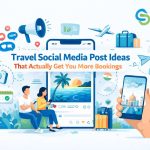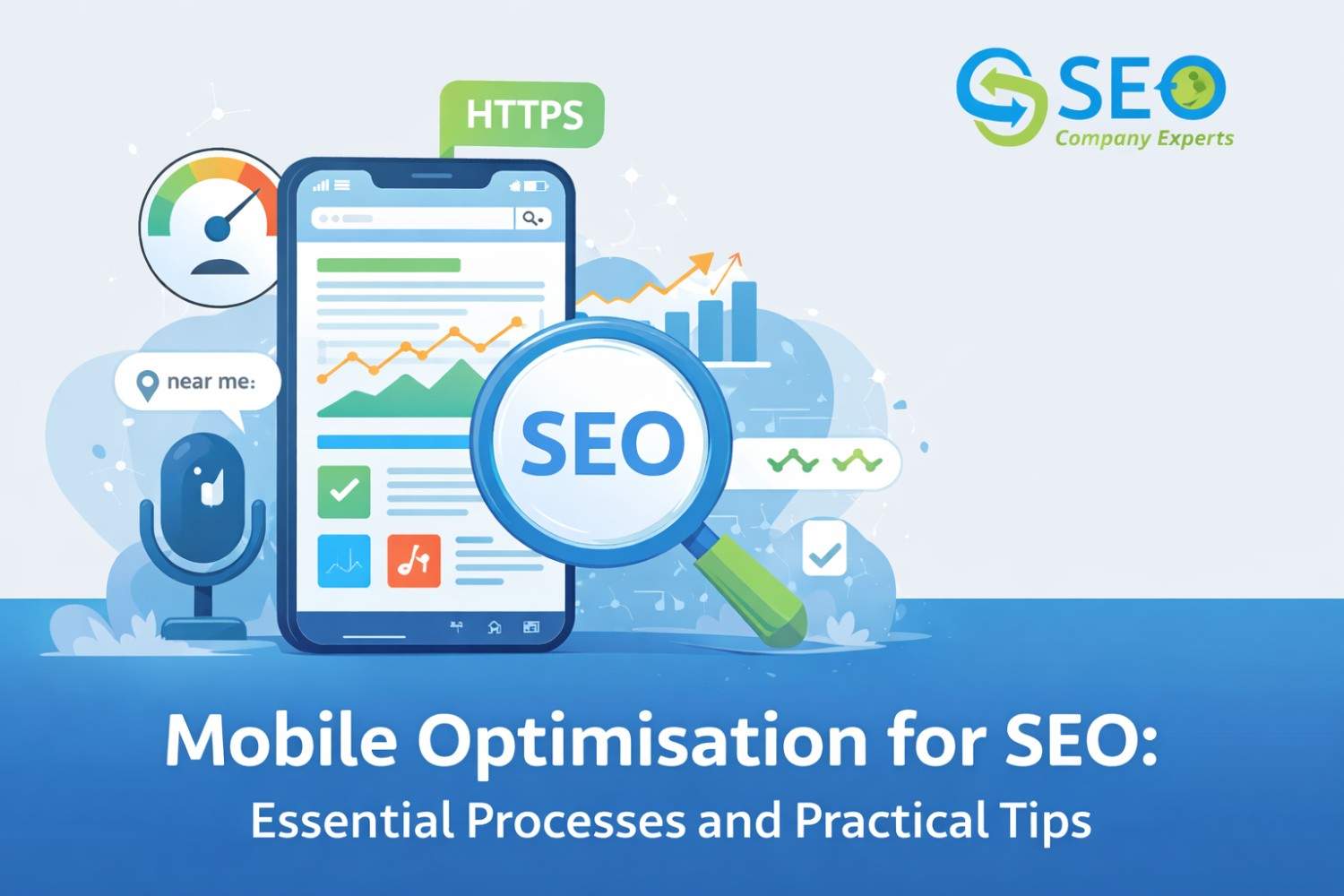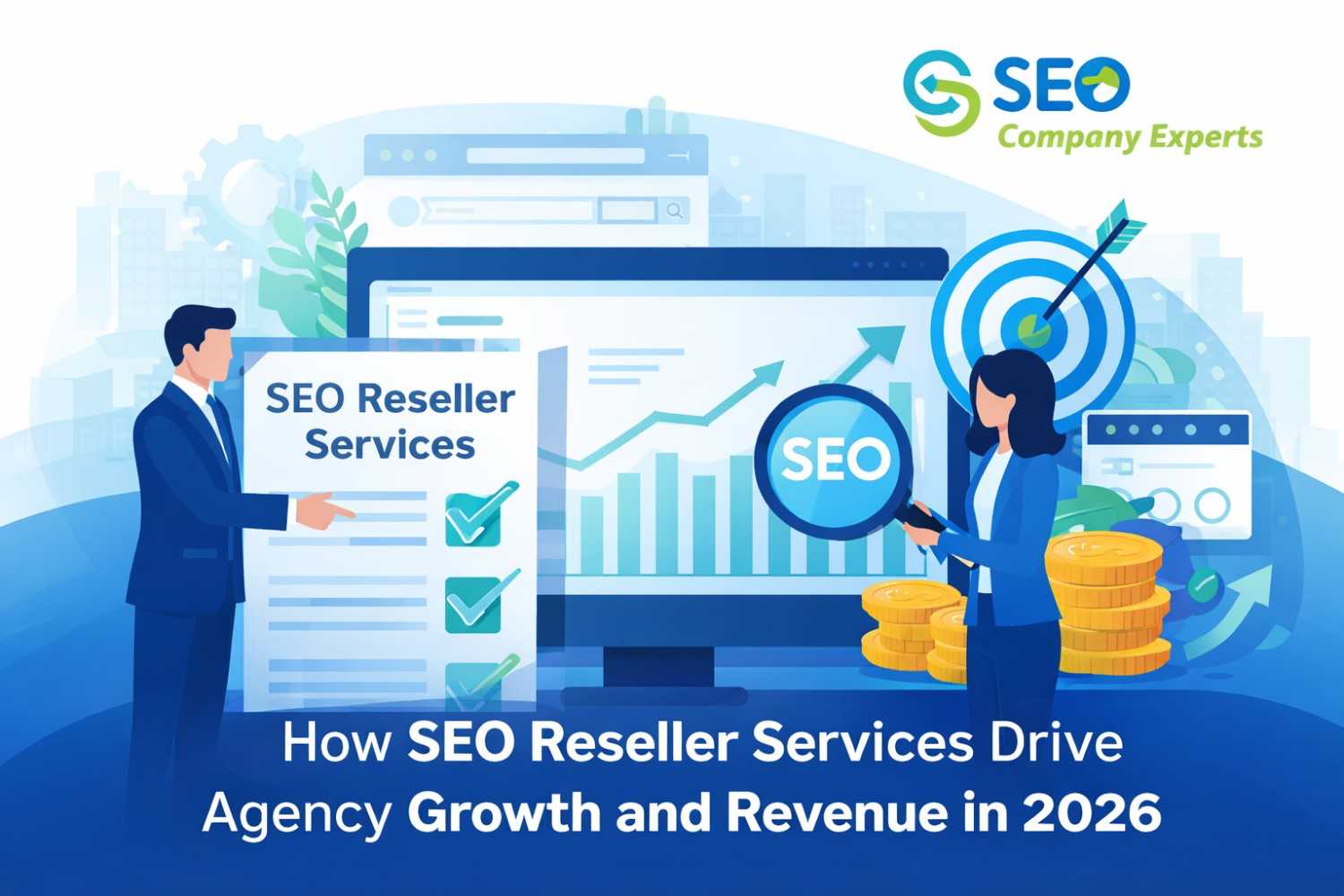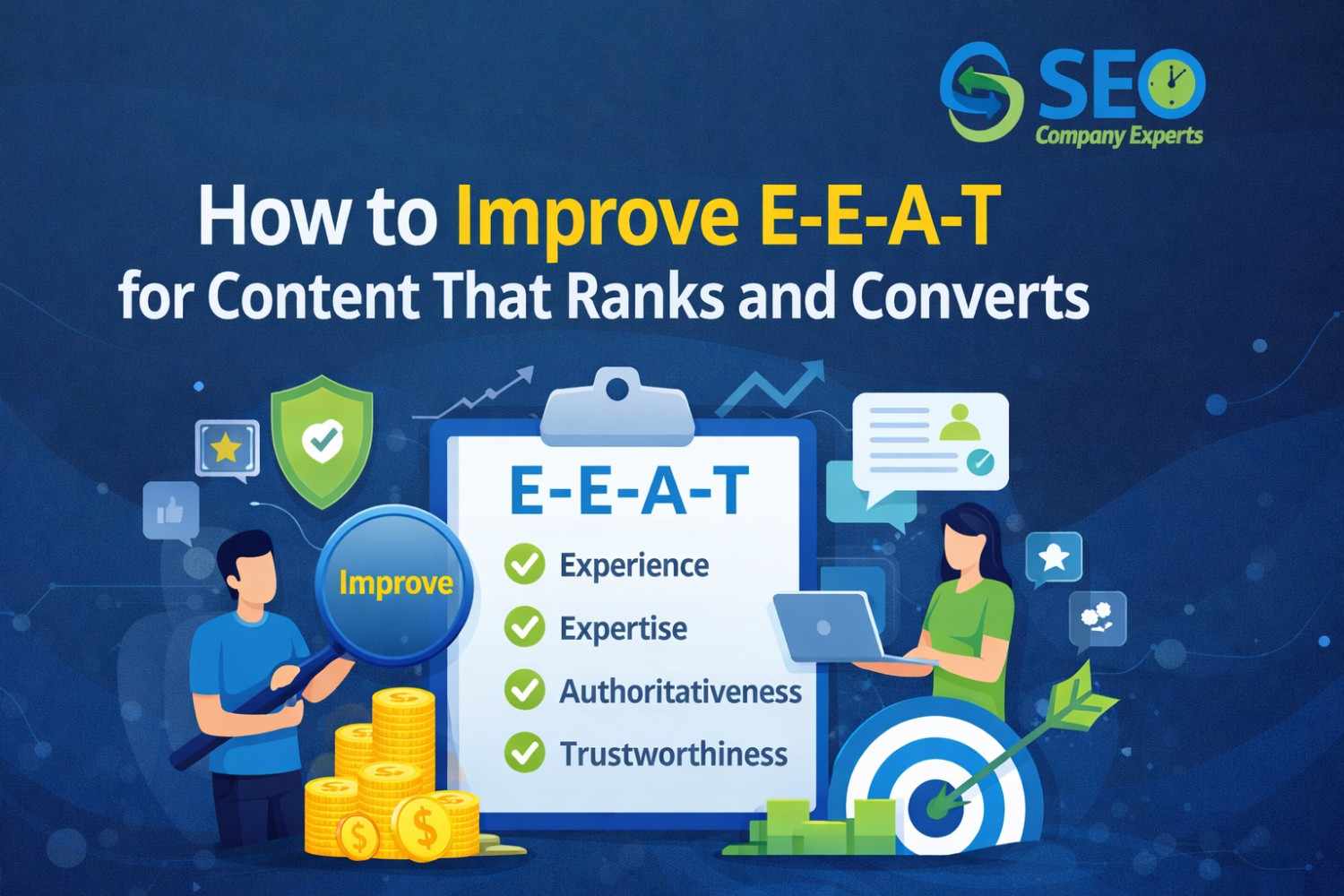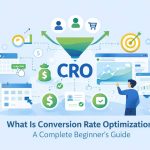
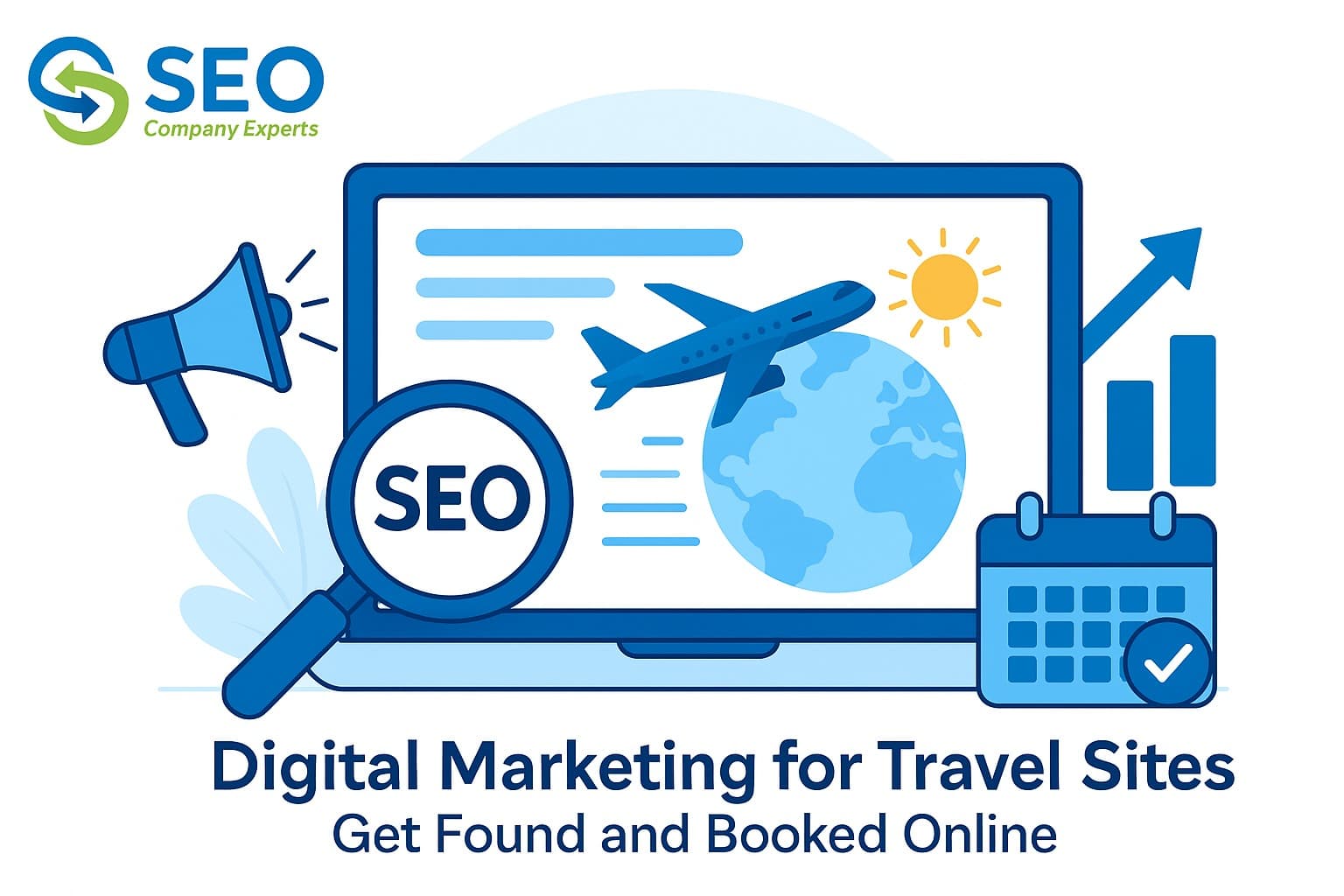
In today’s digital-first world, digital marketing for travel agencies isn’t just a competitive advantage—it’s essential for survival. With over 80% of travelers using online platforms to plan their trips, your travel business needs to stand out, be easily found, and make booking seamless. This comprehensive guide covers proven strategies for travel agency SEO, travel website SEO, and the latest digital marketing tactics to help you attract more visitors and increase bookings.
Why Digital Marketing Matters for Travel Agencies
The travel industry has experienced a dramatic transformation over the past decade. With the proliferation of online booking platforms, travel blogs, and review sites, travelers now have more options and information at their fingertips than ever before. As a result, traditional marketing methods are no longer sufficient to capture the attention of today’s digitally savvy travelers.
Digital marketing for travel agencies is now a necessity, not an option. By leveraging digital channels, travel businesses can reach a global audience, engage with potential customers at every stage of their journey, and ultimately drive more bookings. Whether you’re a boutique agency or a large tour operator, embracing digital marketing strategies will help you stand out in a crowded market, build trust with your audience, and grow your business sustainably.
- Increases visibility: Digital marketing ensures your travel agency appears where travelers are searching—on Google, social media, and popular travel platforms. This increased visibility helps you reach more potential customers and stay top-of-mind throughout the travel planning process.
- Drives engagement: By creating engaging content and interacting with your audience online, you can inspire travelers, answer their questions, and build a loyal community around your brand.
- Boosts bookings: A well-executed digital marketing strategy guides travelers from initial inspiration to final booking, making it easy for them to choose your agency over competitors.
Building a Strong Foundation: Travel Agency Website Optimization
Building a strong travel agency website starts with optimization. From mobile-friendly design and seamless navigation to compelling visuals and SEO best practices, every element should enhance user experience, boost visibility, and drive more bookings.
Essential Elements of a High-Converting Travel Website
Your travel website is often the first point of contact between your agency and potential customers. To make a strong first impression and maximize conversions, your site must be both visually appealing and highly functional.
A high-converting travel website should be designed with the user in mind, offering seamless navigation, compelling visuals, and clear calls to action that guide visitors toward making a booking or inquiry. Every element, from the homepage to the booking engine, should work together to create a frictionless user experience that builds trust and encourages action.
- Mobile-friendly design: With the majority of travelers researching and booking trips on their smartphones, a responsive, mobile-optimized website is essential. Ensure your site adapts to all screen sizes and loads quickly to prevent potential customers from bouncing.
- Intuitive navigation: Organize your site’s menus and pages logically, making it easy for users to find information about destinations, packages, and booking options. Use clear labels and a consistent layout to enhance usability.
- Compelling visuals: High-quality photos, videos, and infographics help bring destinations to life and inspire travelers to book. Invest in professional imagery and use visuals strategically throughout your site to capture attention and convey the unique experiences you offer.
- Trust signals: Display customer reviews, industry certifications, and secure payment badges prominently on your site. These trust signals reassure visitors that your agency is reputable and that their information is safe.
Travel Website SEO Best Practices
Effective travel website SEO is the backbone of any successful digital marketing strategy. By optimizing your website for search engines, you can attract more organic traffic, reach travelers at the moment they’re searching for your services, and increase your chances of securing bookings.
SEO for travel agencies involves a combination of technical optimization, keyword targeting, and content creation. By following best practices, you can improve your rankings, enhance your site’s visibility, and drive qualified leads to your business.
- Keyword research: Identify and target high-intent keywords such as “travel agency near me,” “luxury tours in [destination],” and “best travel deals.” Use these keywords strategically in your content, meta tags, and headings to attract the right audience.
- On-page SEO: Optimize every page on your site by including relevant keywords in titles, meta descriptions, headers, and image alt text. Ensure your content is well-structured and easy for both users and search engines to understand.
- Structured data and schema markup: Implement schema markup to help search engines better understand your content and display rich results, such as star ratings, reviews, and pricing, in search listings.
- Fast loading times: Site speed is a crucial ranking factor. Compress images, leverage browser caching, and minimize code to ensure your website loads quickly on all devices.
Travel Agency SEO: Strategies to Boost Organic Visibility
Boost your travel agency’s organic visibility with smart SEO strategies. From local SEO and voice search optimization to link building and authority growth, these tactics help attract high-intent travelers, improve rankings, and drive more bookings.
Local SEO for Travel Businesses
Local SEO is a powerful strategy for travel agencies that serve specific geographic areas or want to attract travelers searching for services in a particular location. By optimizing your online presence for local search, you can increase your visibility among potential customers who are most likely to book with you.
Local SEO involves claiming and optimizing your Google Business Profile, collecting positive reviews, and ensuring your business information is consistent across all directories. By focusing on local keywords and building a strong reputation in your area, you can dominate local search results and drive more foot traffic and inquiries.
- Google Business Profile: Claim and fully optimize your Google Business Profile with up-to-date information, high-quality photos, and regular updates. This helps your agency appear in local search results and Google Maps.
- Reviews and citations: Encourage happy customers to leave positive reviews on Google and other travel platforms. Make sure your agency’s name, address, and phone number are consistent across all online directories.
- Local keywords: Incorporate location-specific keywords into your website content, meta tags, and blog posts to attract travelers searching for services in your area.
Voice Search Optimization for Travel
The rise of voice-activated devices and virtual assistants has changed the way people search for travel information. More travelers are using voice search to find flights, hotels, and travel tips, often phrasing their queries as questions or complete sentences.
To capture this growing segment, your content must be optimized for voice search. This means using natural language, answering specific questions, and structuring your content to appear in featured snippets and voice results.
- Conversational content: Write your content in a natural, conversational tone that mirrors how people speak. Address common travel questions and provide clear, concise answers.
- Featured snippets: Structure your content to answer “who,” “what,” “where,” “when,” and “how” questions directly. Use bullet points, numbered lists, and concise paragraphs to increase your chances of being featured in snippets.
- FAQ sections: Add a comprehensive FAQ section to your website, targeting long-tail keywords and common questions travelers ask. This not only improves your SEO but also enhances the user experience.
Link Building and Authority for Travel Websites
Building authority in the travel industry requires more than just great content. Earning high-quality backlinks from reputable sources signals to search engines that your website is trustworthy and authoritative, which can significantly boost your rankings.
Link building should be an ongoing part of your travel SEO strategy. Focus on creating valuable, shareable content and building relationships with influencers, bloggers, and industry partners to earn links naturally.
- Collaborate with travel bloggers and influencers: Partner with influencers and bloggers for guest posts, reviews, and social media collaborations. Their audiences can help amplify your reach and drive referral traffic.
- Get listed in travel directories: Submit your agency to reputable travel and tourism directories to increase your online presence and earn valuable backlinks.
- Create shareable content: Develop infographics, destination guides, and unique travel tips that others will want to link to and share with their audiences.
Digital Marketing Tips for Travel Websites: Driving Traffic and Engagement
Boost traffic and engagement with expert digital marketing for travel agents. From content marketing and social media campaigns to email promotions, these strategies help attract travelers, build trust, and drive more bookings for your agency.
Content Marketing for Travel Agencies
Content marketing is at the heart of every successful digital marketing strategy for travel agencies. By creating and sharing valuable content, you can attract, engage, and convert travelers throughout their journey.
Focus on producing a mix of evergreen and timely content, such as destination guides, travel tips, and itineraries. Incorporate multimedia elements like videos, podcasts, and interactive maps to make your content more engaging and shareable. Encourage your customers to contribute their own stories and photos, building a sense of community around your brand.
- Blogging: Regularly publish blog posts that answer travelers’ questions, highlight unique destinations, and provide insider tips. Blogging helps establish your authority and drives organic traffic to your site.
- Short-form video: Use platforms like TikTok, Instagram Reels, and YouTube Shorts to showcase destinations, experiences, and customer testimonials in a visually compelling way.
- User-generated content: Encourage customers to share their travel experiences with your agency by featuring their photos and stories on your website and social channels. This builds trust and authenticity.
Social Media Marketing for Travel Agencies
Social media platforms are where travelers go to dream, plan, and share their adventures. An effective social media marketing strategy can help you reach new audiences, build relationships, and inspire bookings.
Choose the platforms that best align with your target audience and content style. Use a mix of organic posts, paid ads, and influencer collaborations to maximize your reach. Engage with your followers by responding to comments, sharing user-generated content, and running interactive campaigns.
- Choose the right platforms: Focus on visually driven platforms like Instagram, Facebook, and Pinterest to showcase destinations and experiences. Tailor your content to each platform’s unique features and audience preferences.
- Influencer collaborations: Partner with travel influencers who align with your brand values and target audience. Influencer campaigns can help you reach new travelers and build credibility quickly.
- User-generated campaigns: Launch contests, hashtag campaigns, or photo challenges to encourage customers to share their experiences and spread the word about your agency.
Email Marketing for Travel Deals
Email marketing remains one of the most effective channels for nurturing leads and driving repeat bookings. By sending personalized, relevant offers directly to your subscribers’ inboxes, you can keep your agency top-of-mind and encourage action.
Segment your email list based on customer interests, travel history, and engagement levels. Use automation to deliver timely messages, such as abandoned booking reminders, exclusive deals, and post-trip follow-ups. Always provide value in your emails, whether it’s a special offer, travel inspiration, or helpful tips.
- Segmentation and personalization: Divide your email list into segments based on interests, demographics, and past behavior. Personalize your messages to make them more relevant and engaging.
- Automated campaigns: Set up automated email sequences for new subscribers, abandoned bookings, and special promotions to nurture leads and increase conversions.
- Exclusive deals: Reward your subscribers with early access to discounts, limited-time offers, and VIP packages to encourage loyalty and repeat bookings.
Paid Advertising and Lead Generation for Travel Agencies
Boost bookings with paid advertising and lead generation for travel agencies. From PPC and retargeting ads to lead magnets, chatbots, and social campaigns, these strategies help attract high-intent travelers and convert them into loyal customers.
PPC and Display Ads for Travel Sites
Paid advertising is a powerful way to quickly boost your travel agency’s visibility and attract high-intent travelers. By investing in pay-per-click (PPC) and display ads, you can reach potential customers at the exact moment they’re searching for travel services.
Use a combination of Google Ads, retargeting campaigns, and social media ads to maximize your reach and ROI. Continuously monitor and optimize your campaigns to ensure you’re getting the best results for your budget.
- Google Ads: Target specific keywords and locations to appear at the top of search results when travelers are ready to book.
- Retargeting: Use retargeting ads to re-engage visitors who have shown interest in your agency but haven’t completed a booking yet.
- Social ads: Run targeted ads on Facebook, Instagram, and other platforms to reach travelers based on their interests, demographics, and travel behavior.
Travel Agency Lead Generation Tactics
Consistently generating high-quality leads is essential for long-term growth in the travel industry. By implementing effective lead generation tactics, you can build a steady pipeline of potential customers who are interested in your services.
Offer valuable resources, such as downloadable travel guides or exclusive deals, in exchange for contact information. Use chatbots and AI-powered tools to capture leads 24/7 and provide instant assistance. Run contests and giveaways to grow your email list and social following.
- Landing pages and lead magnets: Create dedicated landing pages for your offers and use lead magnets like checklists, eBooks, or discount codes to entice visitors to share their contact details.
- Chatbots and AI-driven lead capture: Implement chatbots on your website to answer questions, collect leads, and guide visitors through the booking process in real time.
- Contests and giveaways: Host online contests or giveaways to attract new leads and encourage social sharing, expanding your reach organically.
Measuring Success: Analytics and Continuous Optimization
Measuring success in digital marketing starts with analytics and continuous optimization. By tracking traffic sources, conversions, and engagement, travel agencies can refine strategies, improve ROI, and stay ahead with data-driven decisions.
Key Metrics for Travel Website Performance
To ensure your digital marketing efforts are delivering results, it’s important to track and analyze key performance metrics. By monitoring your website’s performance, you can identify what’s working, uncover areas for improvement, and make data-driven decisions to optimize your strategy.
Focus on metrics such as traffic sources, conversion rates, and user engagement to gain a comprehensive understanding of your website’s effectiveness. Regularly review your analytics to stay ahead of trends and adjust your tactics as needed.
- Traffic sources: Analyze where your website visitors are coming from, including organic search, paid ads, social media, and referral sites. This helps you allocate your marketing budget more effectively.
- Conversion rates: Track how many visitors complete desired actions, such as making a booking or submitting an inquiry. Optimize your site and campaigns to improve these rates over time.
- Engagement metrics: Monitor metrics like average session duration, bounce rate, and pages per session to gauge how engaged your visitors are with your content.
Using Analytics to Refine Your Digital Marketing Strategy
Analytics provide invaluable insights into your audience’s behavior and preferences. By leveraging data from tools like Google Analytics and your CRM, you can continually refine your digital marketing strategy for better results.
Conduct A/B tests on your website and campaigns to identify the most effective headlines, images, and calls-to-action. Utilize these insights to refine your content, enhance user experience, and optimize your return on investment.
- A/B testing: Test different versions of your web pages, ads, and emails to see which ones perform best. Use the results to make informed decisions and drive continuous improvement.
- Data-driven decisions: Base your marketing strategies on real data, not assumptions. Regularly review your analytics and adjust your tactics to stay ahead of the competition.
Conclusion: Take Your Travel Agency to the Next Level Online
Mastering digital marketing for travel agencies is about more than just being seen online—it’s about creating memorable digital experiences that inspire travelers to choose your agency for their next adventure. By focusing on travel agency SEO, travel website SEO, compelling content, and the latest marketing trends, you can ensure your agency gets found and booked online, no matter how the digital landscape evolves. Embrace these strategies, track your progress, and continuously optimize your approach to stay ahead in the ever-changing world of travel marketing.
